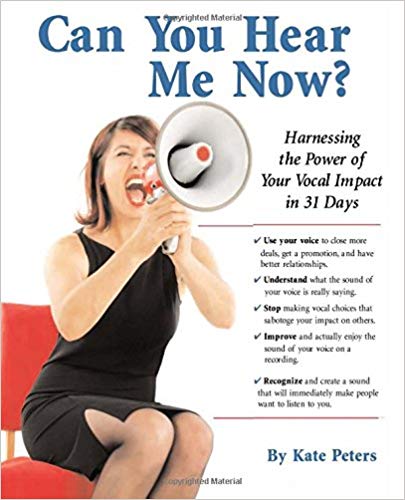The Myth of Women’s Voices – #breakthebias
“We must reject not only the stereotypes that others hold of us, but also the stereotypes that we hold of ourselves.”
Shirley Chisholm

Although he is kind to her and provides well for her, over time she gradually weakens. Feeling that she will perish if she does not find her skin and return to the sea, she desperately searches for it whenever the fisherman is gone. One day, she finds it buried deep under a pile of old ropes and nets. As she touches it, she feels her strength returning. That night while the fisherman is sleeping, she grabs what is hers, runs to the sea, slips on the skin and dives into the water. That night she sings again with her companions but warns them of how it is possible to lose yourself– to lose your soul and all that makes you sing. You may recognize this as like Disney’s The Little Mermaid, where Ariel trades her voice for a chance to walk on land, giving up her identity entirely. The takeaway from either tale is this– if you allow yourself to be captured or willingly give up an important part of yourself, you give up your essence – your authentic voice in the world.
Women’s voices are often on the chopping block when a woman runs for office, seeks a corporate role, or participates in a meeting. This criticism is so pervasive that women themselves have begun to believe that there is something inherently wrong with women’s voices. When we ask a new client what they think of their voice, it is rare for a woman to say, “I like mine.” Instead, we hear “my voice is too high,” or “my voice sounds whiny,” or “my voice is too soft,” or “my voice sounds like a little girl,” or conversely, “my voice is too loud,” or “I talk too much,” etc. Women have heard most of these comments from others, accepted them as truth, and perpetuated the myth of women’s voices.
The Myth
Part of the myth is that a leadership voice is a low voice, so as women have taken more executive roles and fought to win elections, in Western countries, including the U.S., women’s voices have dropped 23 hertz over five decades. Manipulating a voice down in pitch and forcing an unnaturally lower pitch on a voice can damage it by creating nodules (calluses on the vocal folds), or worse. A voice is high or low because of hormones and the size of the larynx. Although there is only an 8-9% difference in the average heights of male and female adults, there is a 50-60% difference in the larynx size. A small larynx makes a higher sound, and smaller people tend to have smaller larynxes, especially those with estrogen. Most importantly, voice pitch does not correlate with perceived leadership ability. If you show up as a leader, other traits are more important than whether your voice is loud or soft.
We need to hear more women’s voices.
We need more authentic women’s voices. If women want their voices heard, we can’t be ashamed of them or buy the criticism we hear. More importantly, why damage them to suit someone else’s opinion of what is ideal? If we are going to #breakthebias, we have to start by busting the myths that tell us who we are needs to be fixed before we can make an impact.
Voices are personal, and people take criticism of them to heart. If you don’t like your sound, know that your voice deserves the same care and respect you give the rest of your body. One can dramatically improve a voice through vocal training, toning the muscles, and learning to use it effectively. Some vocal work, such as transgender therapy, can involve surgery, but all good vocal training will strengthen and enrich a voice and increase a person’s confidence. If we believe our voices stand in the way of our ability to have influence, then we can work with someone who knows what they are doing. But first, we must accept that the voices we have, no matter the size, sound, or gender are unique and needed. Say it in your own imperfect voice if you have something to say. That’s the best place to start to #breakthebias.
Connect with us on LinkedIn
Connect with the author on LinkedIn
Photo 9550704 © Branislav Ostojic | Dreamstime.com
Photo 196894733 © Jacek Placek | Dreamstime.com





